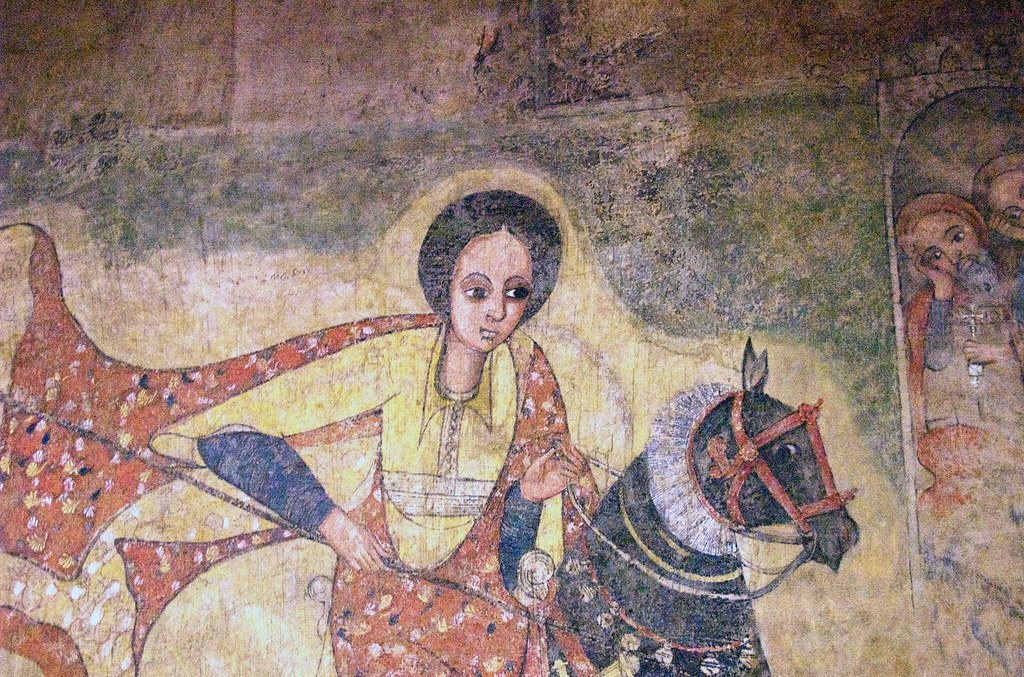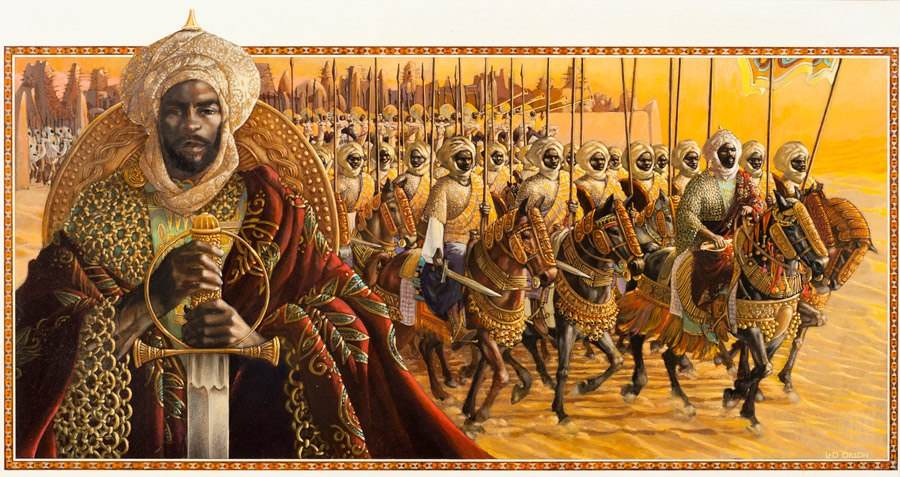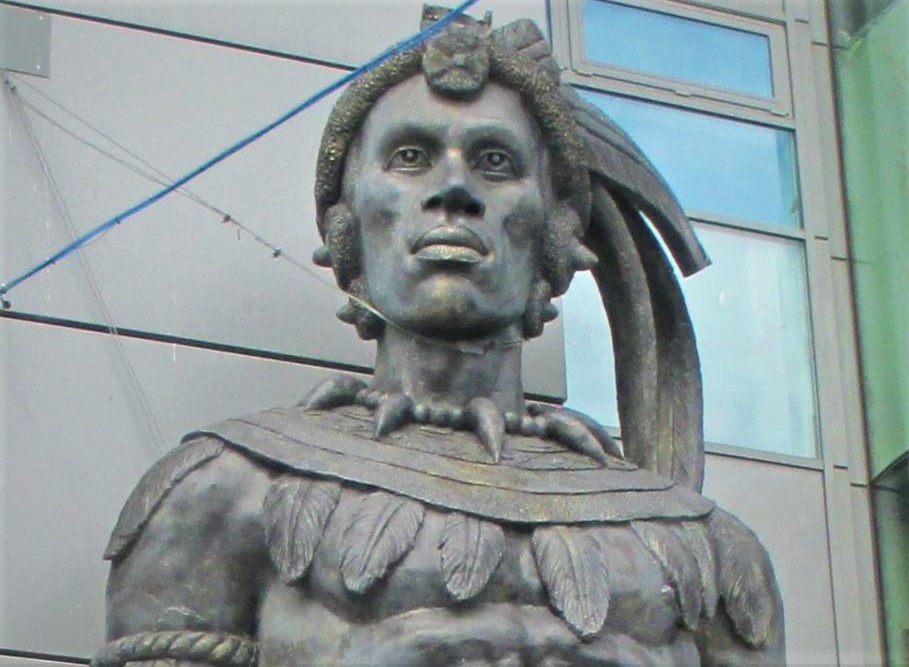Telling the African story
October 20
Storytelling has been part of African tradition for many generations. Aïdêè Amba, 23, a Commonwealth Correspondent from Calabar in Nigeria discusses the eye-opening experience of learning why it is important to choose our narrative carefully.
One of the things that has shaped the quality of any work I now put out as a storyteller is based on a lecture by Dr. Paul Ugor at the 2018 irep film festival. This lecture is one that every storyteller, especially the African storyteller, should attend.
Dr. Ugor, an Associate Professor at Illinois State University, started with a late 19th-century definition of what a nation is. In that definition, a nation has a spiritual soul, which is made up of the past and the present.
Clearly, in real life, a nation is made up of people, and the people of a nation are the ones who create actions that go down in history. That said, it resonated with me immediately when Dr. Ugor said that the people must decide the history they want to remember or forget.
Dr. Ugor went on to talk about storytelling’s link with history, and vice versa. Cultural symbols are the relationship between a nation and storytelling. Cultural symbols are powerful. They can define how we manage people, control people, and confer authority to people.

As storytellers at a film festival, we talked about story as a political resource, the cultural consequences of producing a film, and the cultural consequences of telling a story.
After the lecture, we watched a documentary on orientalism, which formed the basis of our discussion. During the discussion, it became clear to me that because other parts of the world, especially the West, understood how important a nation, history, and cultural symbols were, they found a way to tie these together through storytelling.
Orientalism was a term coined by Edward Said in 1978. Said argued that orientalism was one of the strategies the West used to be seen as superior. In orientalism, other continents and cultures are cast in a negative light for the purpose of western domination.
Although orientalism mostly focused on Asia, Middle East and North Africa, sub-Saharan Africa has had its own share of racist stereotypes which continue up until today.
Africans are often portrayed as poor, not capable of leadership, and always need saving. Our children are always dying from hunger, our people are thugs and hooligans, and there are monkeys jumping around when you visit. In short, we are an inferior race.

Storytelling is powerful. The stories we tell are representations of what goes down in history. What I try to do—and I hope everyone would do the same—is to tell positive stories that influence the image of my nation, and continent. It may not seem to have much impact, but it is more effective than you would ever think.
Every story counts. Imagine the woman in the rural area without a western education telling stories of a strong Africa to her children. Her children would grow up telling their children the same stories. Over decades that story becomes history. If we do the work of positive storytelling, it would affect the story that goes into our history books.
The influence of storytelling can be seen in Disney’s The Lion King. Even when Simba lost his way, what kept him, and helped him find his way is stories that his father, Mufasa, told him about how strong he was, and who he really was.
Africa’s history is full of great warriors, kings, queens and empires from Mali in North Africa to Zimbabwe in the south. The Queen of Sheba, Shaka Zulu, Mansa Musa are some of our iconic historical figures. More recently, we have Kwame Nkrumah, Mwalimu Julius Nyerere, Chinua Achebe, Wangari Maathai, Kofi Annan, Nelson Mandela and many more who are part of our illustrious history.
We must wipe misrepresentations of Africa off the minds of people. As filmmakers, and storytellers we can do this in the stories we tell. A message or representation in a film or book can last forever. It can be passed down to future generations.
In the end, our stories matter…our real stories, the stories that we want to carry into our history, and that our good ancestors who fought hard to reclaim our nations would be proud of.
Photo credit Mansa Musa image: HistoryNmoor Wikimedia Commons
Photo credit Shaka Zulu image: Southerly Clubs, Stockholm, Sweden
Photo credit The Queen of Sheba, A.Davey Flickr
No copyright infringement intended.
………………………………………………………………………………………………………………………………………………….
About me: I am a writer, podcaster and fashion designer. I’m a highly ambitious individual who is into a little bit of everything. I love media, fashion and advanced technology. I am an extremely creative individual with the ideology that the world can be much better. I am passionate about media and fashion. I’m a self-lover and believe in myself so much. Besides if you don’t love yourself, who will? For me, focus is key.
……………………………………………………………………………………………………………………………………………………..
Opinions expressed in this article are those of the author and
do not necessarily represent the views of the Commonwealth Youth Programme. Articles
are published in a spirit of dialogue, respect and understanding. If you
disagree, why not submit a response?
To learn more about becoming a Commonwealth Correspondent please visit: http://www.yourcommonwealth.org/submit-articles/
……………………………………………………………………………………………………………………………………………………………






